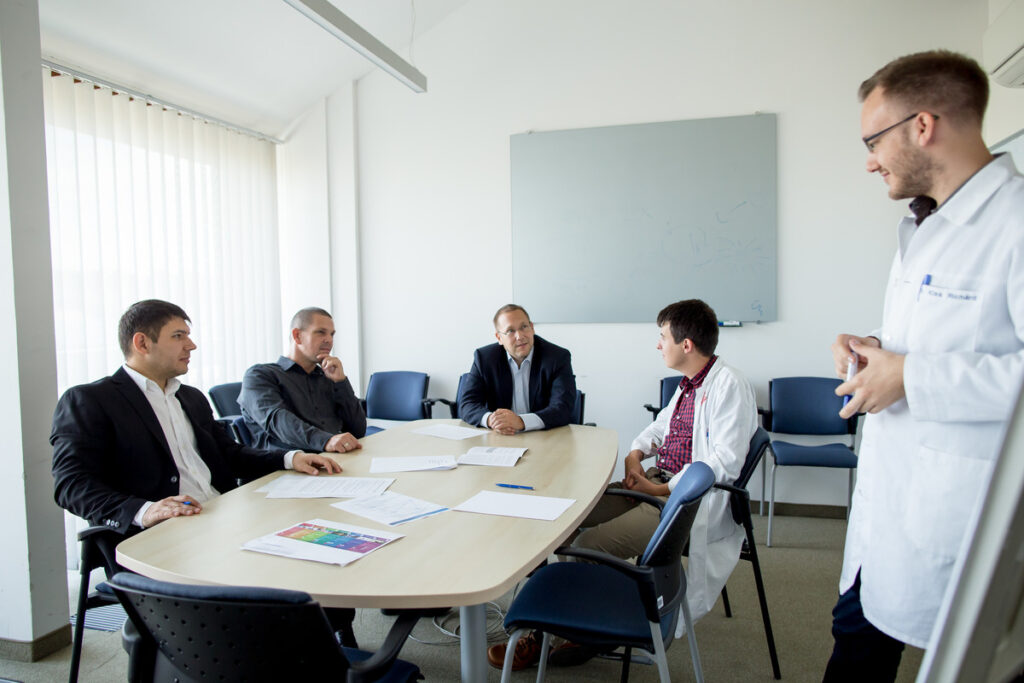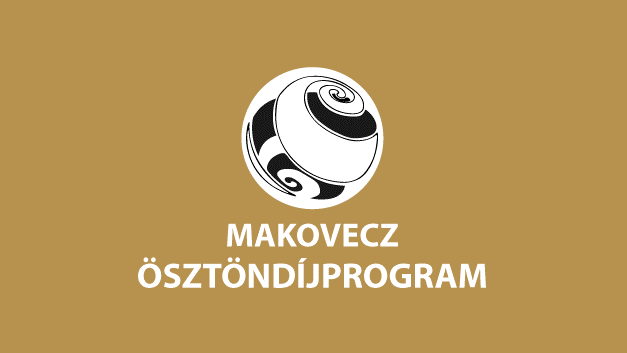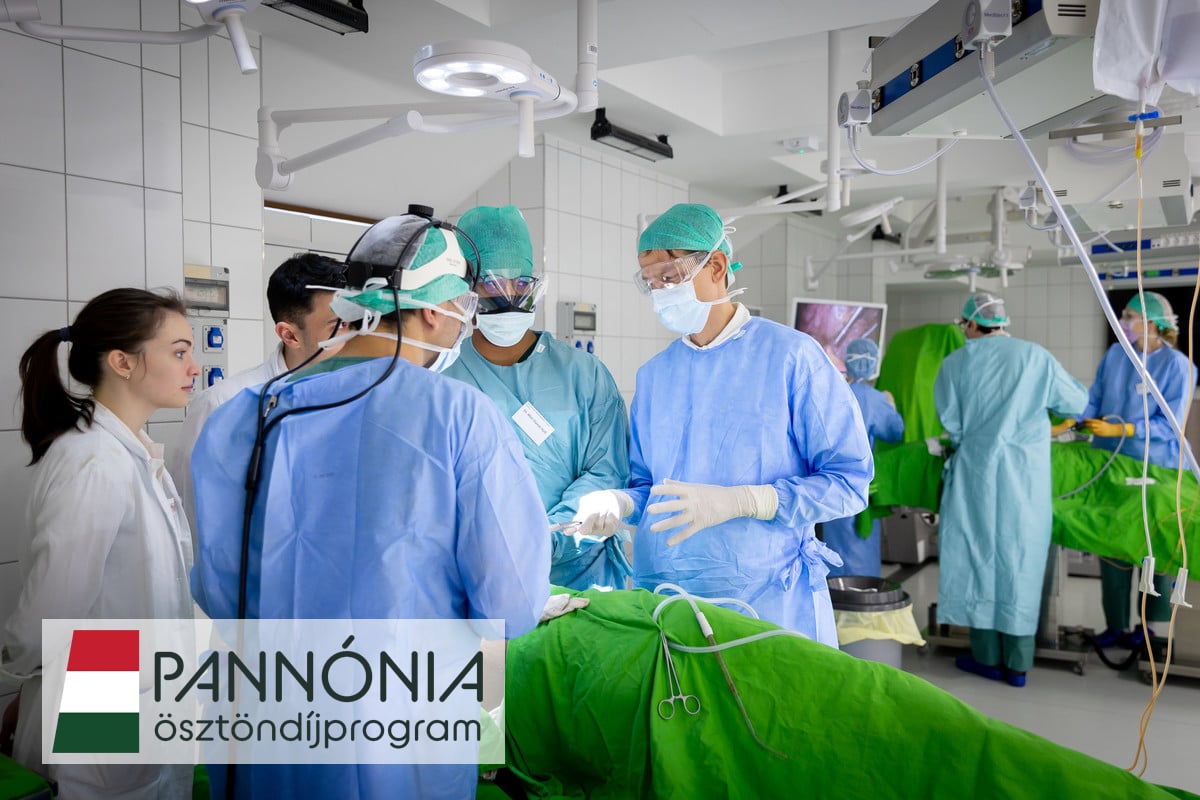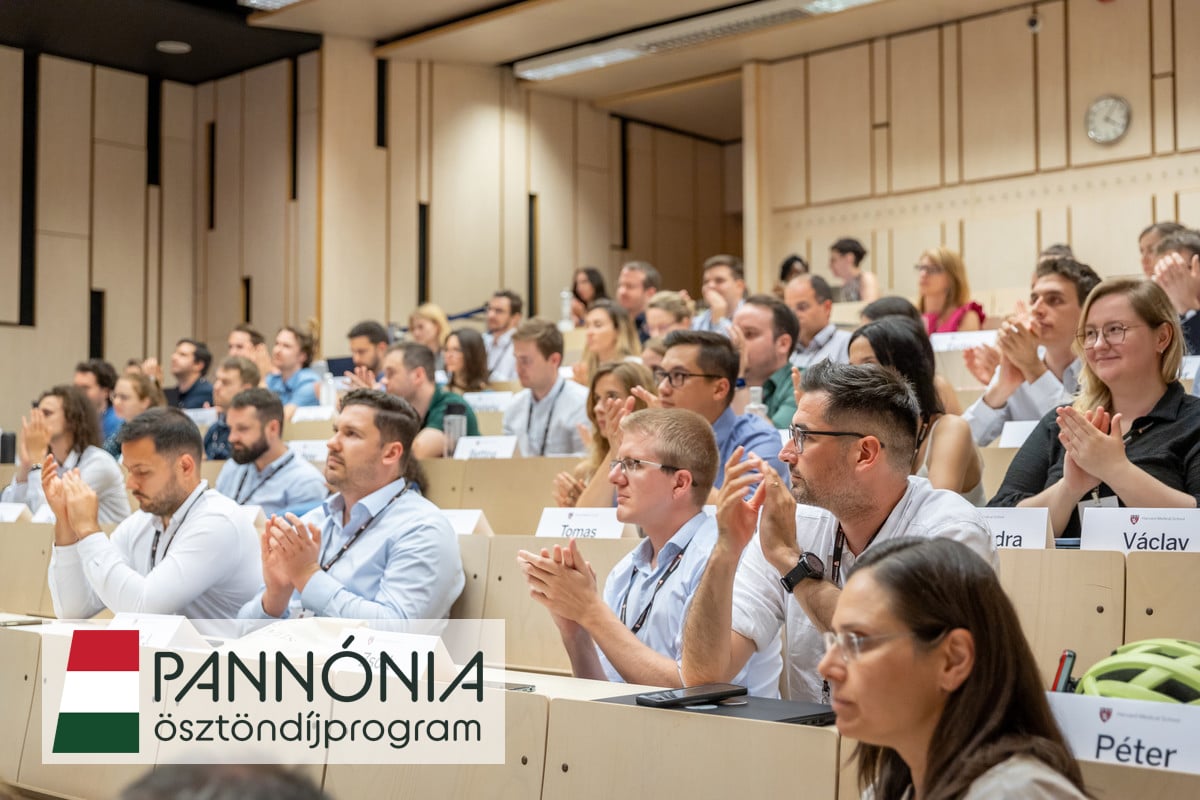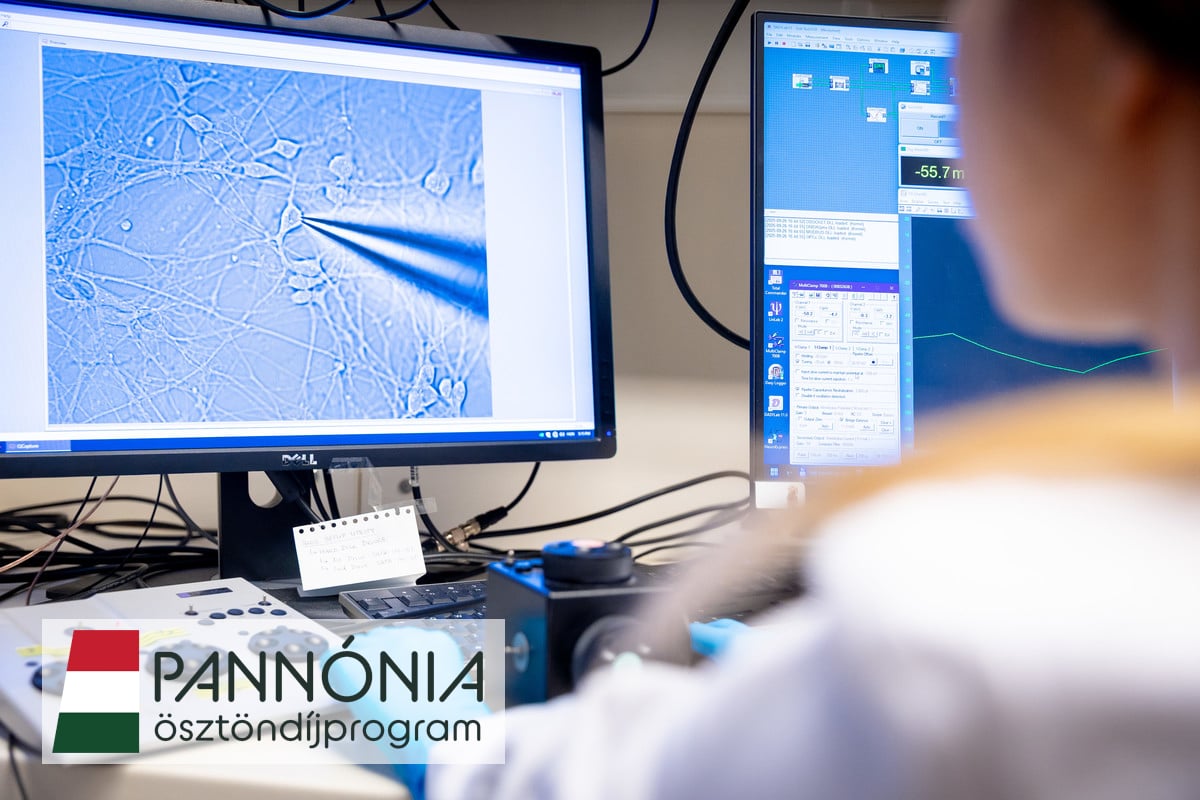Ügyfélfogadás
HÉTFŐ – CSÜTÖRTÖK: 9.00–12.00-ig
PÉNTEK: ZÁRVA
Személyes és telefonos ügyfélszolgálatunk is az ügyfélfogadási időben áll rendelkezésére.
Cím:
Nagyvárad tér 4.
1089 Budapest
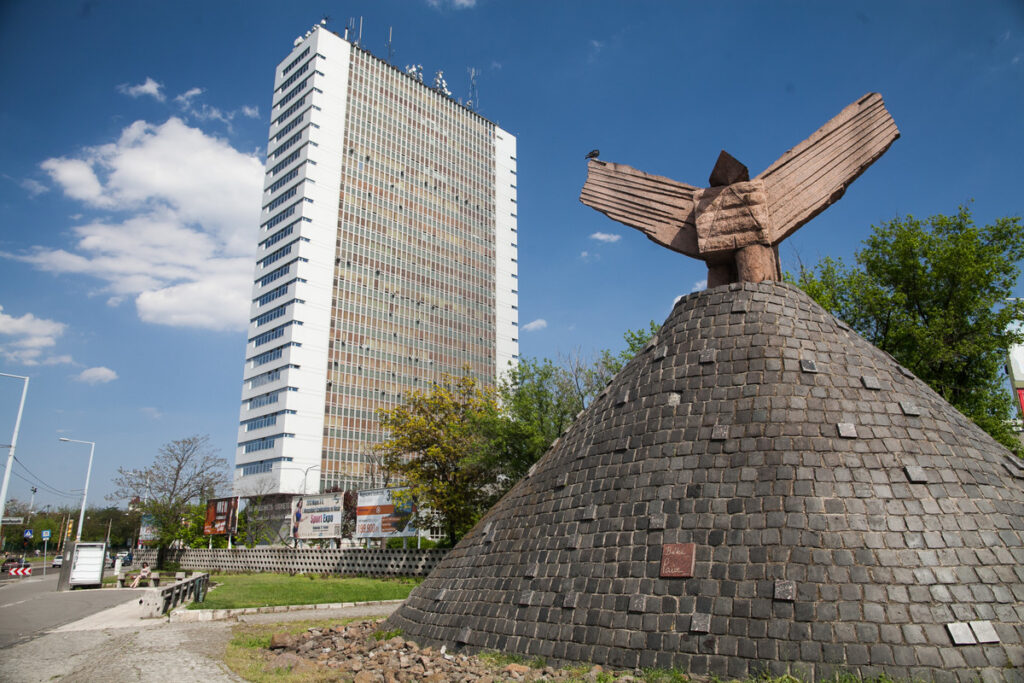
Bemutatkozó szakasz
Azért dolgozunk, hogy segítsük a Semmelweis Egyetem polgárainak a külföldi tapasztalatszerzését, és támogassuk őket minden mobilitással kapcsolatos kérdésben.
Célunk, hogy hallgatóink, oktatóink és munkatársaink értékes nemzetközi tapasztalatokat szerezzenek, szakmai és emberi kapcsolatokat építsenek, nyitottabbá váljanak a világra. Széleskörű partner- és cserekapcsolatainknak köszönhetően számos külföldi intézménnyel működünk együtt, így szinte világszerte kínálunk lehetőséget tanulmányi, oktatási, szakmai vagy kutatási mobilitásra.

Hasznos linkek
Elérhetőségek
Cím
1089 Budapest,
Nagyvárad tér 4.
Diákcentrum (Akvárium felől megközelíthető)
1089 Budapest,
Nagyvárad tér 4.
Diákcentrum (Akvárium felől megközelíthető)
Telefon
+36-1-459-1491 (55415 egyetemi mellék)
+36-1-459-1491 (55415 egyetemi mellék)

